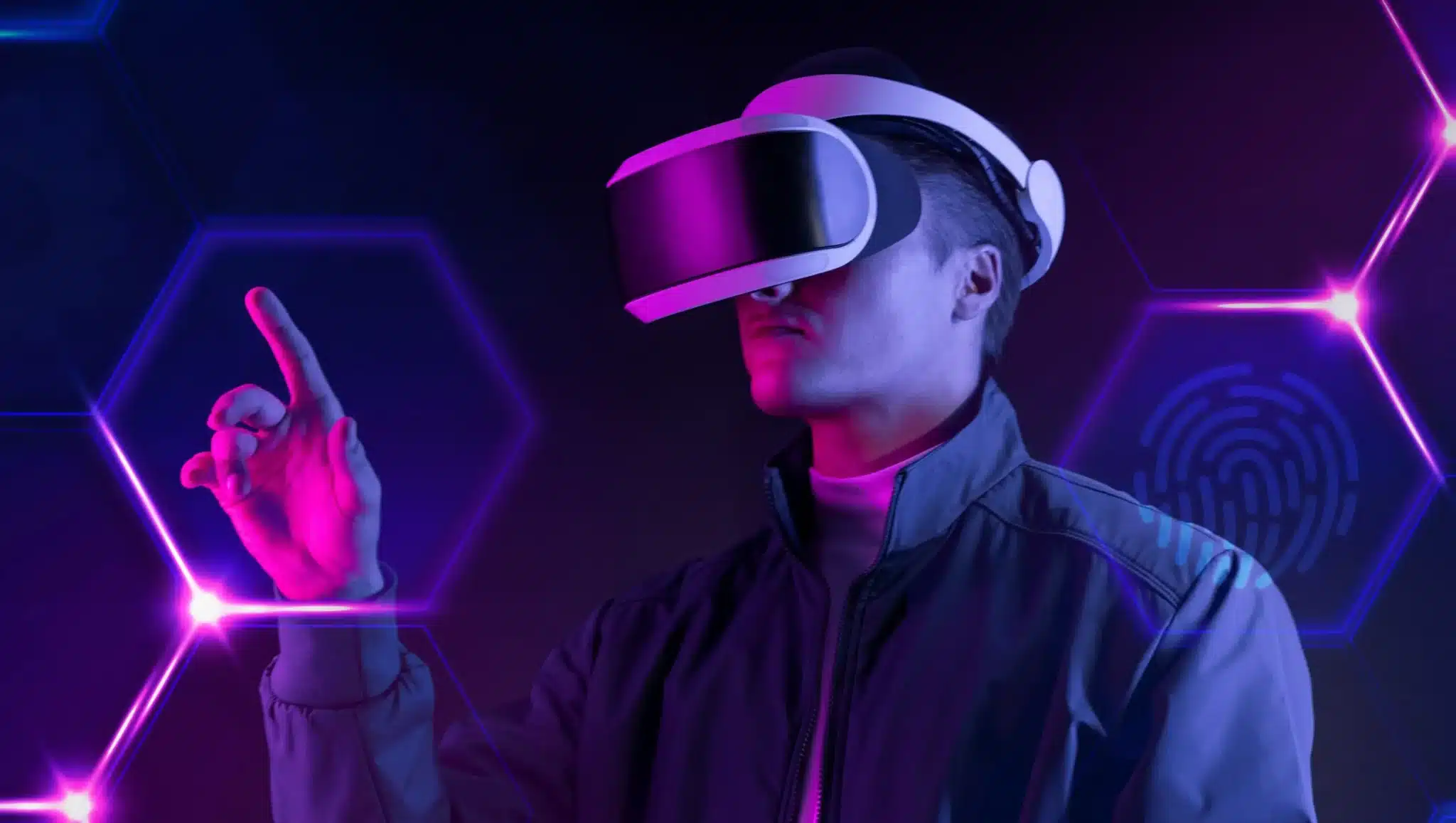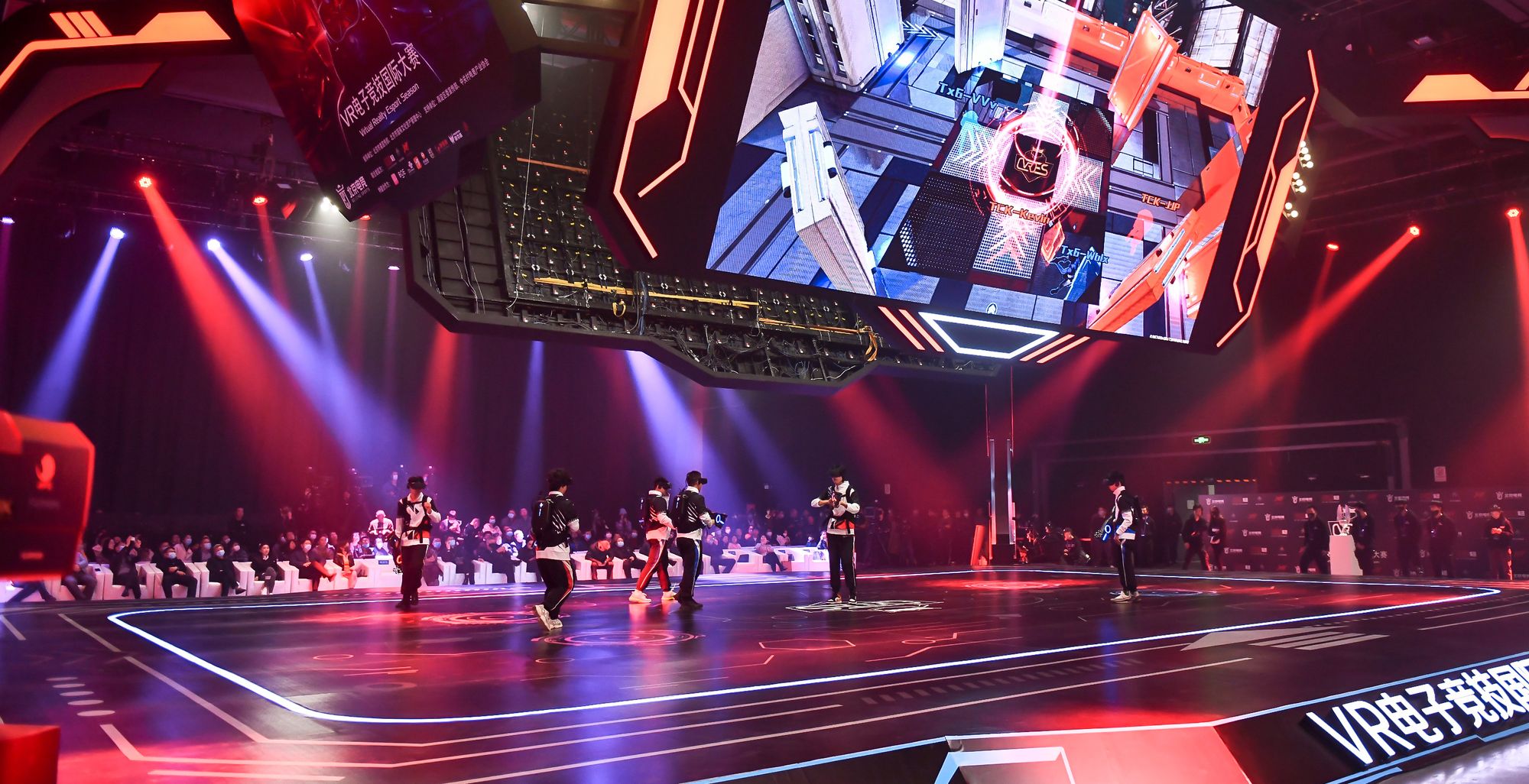Esports has become a global phenomenon, captivating millions of fans and players worldwide. As we look ahead to 2024, technological advancements continue to revolutionize the industry, enhancing gameplay, spectator experiences, and overall accessibility.
This article explores the groundbreaking innovations shaping the future of esports, highlighting the latest trends and technologies that are set to redefine competitive gaming.
Major Trends and Innovations in Esports
In 2024, several key trends and innovations are emerging in the esports industry. For an in-depth analysis of these trends, check this page, Killian Smith, the mind behind DigiPortal, has provided valuable insights into how these advancements are driving digital sports forward.
Advanced AI in Esports
Artificial Intelligence (AI) is playing an increasingly significant role in esports, transforming game development, player training, and audience engagement. In 2024, AI applications are more sophisticated and impactful than ever.
AI for Player Training and Performance
AI tools are now integral to enhancing player training and performance analysis. Advanced algorithms provide personalized training programs, helping players improve their skills through data-driven insights. For instance, AI-powered platforms like SenpAI and Gosu.AI offer tailored coaching and performance analytics, ensuring players can refine their strategies and techniques.
AI for Spectator Experience
AI also enhances the viewer experience by delivering personalized content and real-time analytics. Platforms such as StreamHatchet utilize AI to analyze viewer behavior and preferences, offering customized recommendations and interactive features that keep audiences engaged. This personalization ensures a more immersive and enjoyable viewing experience for esports fans.
Virtual Reality (VR) and Augmented Reality (AR) in Esports
Virtual Reality (VR) and Augmented Reality (AR) are revolutionizing esports by creating immersive gaming experiences that blur the lines between the virtual and real worlds.
VR for Immersive Gameplay
VR technology provides players and spectators with an unparalleled level of immersion. Games like Beat Saber and Echo Arena leverage VR to create dynamic and engaging environments where players can interact physically with the game world. This immersion not only enhances gameplay but also offers unique viewing experiences for audiences.
AR for Enhanced Spectator Experience
AR technology is used to augment live viewing experiences with real-time stats overlays, interactive elements, and enhanced visual effects. Platforms such as AR Sports Viewer allow fans to access detailed game statistics and player information through AR interfaces, enriching the overall spectator experience.
Cloud Gaming in Esports
The rise of cloud gaming is transforming esports by providing seamless, high-quality gaming experiences without the need for high-end hardware.
Benefits of Cloud Gaming for Players
Cloud gaming offers significant accessibility and performance benefits for players. Services like Google Stadia and NVIDIA GeForce NOW allow gamers to play high-definition games on any device with minimal latency. This democratizes access to competitive gaming, enabling more players to participate in esports regardless of their hardware limitations.
Cloud Gaming for Tournament Organizers
For tournament organizers, cloud gaming simplifies logistics and setup, reducing the need for physical hardware and infrastructure. Events such as the Fortnite World Cup have successfully implemented cloud gaming solutions, ensuring smooth operations and high-quality broadcasts.
5G Technology and Its Impact on Esports
The advent of 5G technology is set to revolutionize esports by enhancing connectivity, reducing latency, and improving overall gaming performance.
Improved Connectivity for Competitive Gaming
5G ensures stable and fast internet connections, which are crucial for competitive gaming. With lower latency and higher bandwidth, 5G networks provide a seamless gaming experience, even in high-stakes tournaments. Events like the League of Legends World Championship have already started utilizing 5G to enhance connectivity and performance.
5G for Mobile Esports
5G technology is also poised to revolutionize mobile esports by providing faster and more reliable connections. Mobile games such as PUBG Mobile and Call of Duty: Mobile benefit from 5G’s low latency and high-speed data transfer, enabling smoother gameplay and more responsive controls.
Blockchain in Esports: Enhancing Security and Transparency
Blockchain technology is increasingly being used in esports to enhance security, transparency, and fairness.
Secure Transactions and Prize Distribution
Blockchain ensures secure and transparent transactions in esports, particularly in prize distribution. Platforms like Unikrn utilize blockchain to provide verifiable and tamper-proof transaction records, ensuring that prize money is distributed fairly and efficiently.
Anti-Cheat Measures
Effective anti-cheat measures are crucial in maintaining the integrity of esports tournaments. Blockchain technology offers robust solutions for verifying player identities and ensuring fair play. For example, platforms like DreamTeam incorporate blockchain to implement comprehensive anti-cheat protocols, safeguarding the competitive environment.
The Future of Esports Innovations
As we move forward into 2024, the continuous evolution of technology promises to bring even more exciting innovations to the esports industry. From advanced AI and immersive VR/AR experiences to the transformative potential of 5G and blockchain, these game-changing technologies are set to redefine the landscape of competitive gaming. The future of esports is bright, with endless possibilities for players, organizers, and fans alike.




